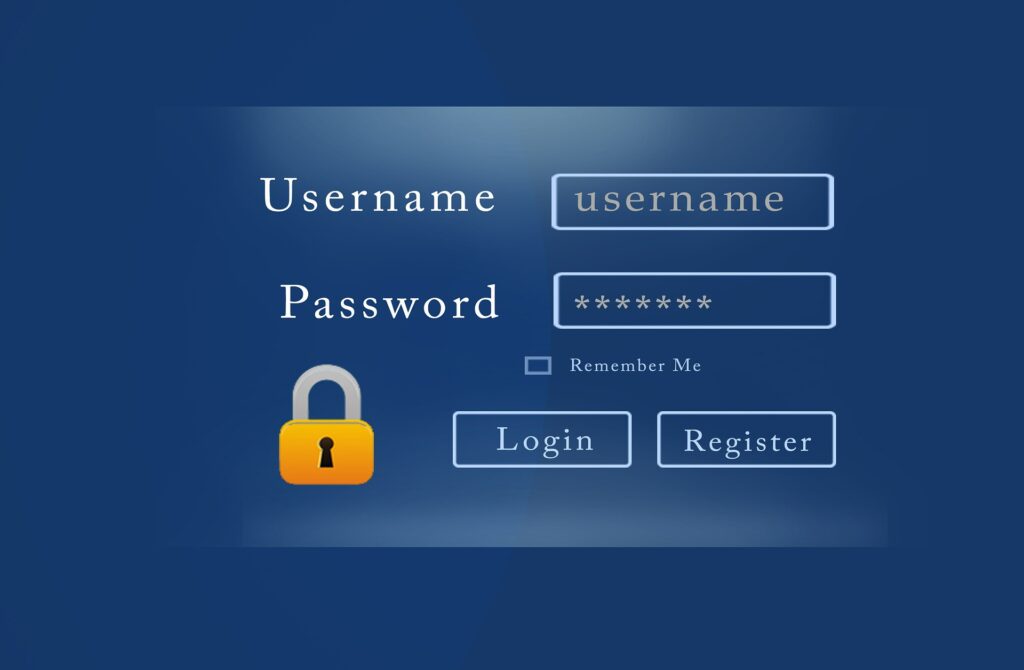Password Cracking Service for Network Authentication: A Growing Threat
In the realm of network authentication, securing passwords is a fundamental practice to prevent unauthorized access to sensitive systems. However, malicious actors often employ password cracking services to bypass authentication systems, breaking or decrypting network authentication passwords to gain unauthorized access. Understanding the techniques and defenses against these attacks is crucial for maintaining a protected network environment.

Password cracking services typically involve attacking encrypted passwords stored in network systems. Attackers may hack into network systems and attempt to decode or decrypt the hashed passwords to retrieve the original credentials. Common methods include brute force attacks, where every possible combination is tried, and dictionary attacks, which use a predefined list of likely passwords. Both techniques rely on the assumption that users often select weak or insecure passwords, making these attacks effective in certain cases.
As network authentication passwords are crucial for securing access to various network resources, organizations need to ensure they are secured with robust methods. A weak password can easily be cracked, allowing attackers to break into systems and potentially cause severe data breaches. Even when passwords are hashed, if weak algorithms are used, attackers can still decode the password hashes, gaining access to critical systems.

To defend against password cracking services, it’s essential to implement multi-layered security approaches. Strong password policies, such as using long, complex, and encrypted passwords, make it more challenging for attackers to crack passwords. Additionally, adopting multi-factor authentication (MFA) can significantly reduce the chances of unauthorized access, as it adds an extra layer of protection beyond just the password.
By regularly updating network authentication protocols, using secure hashing algorithms, and ensuring that passwords are stored safely, organizations can enhance the protective measures that defend against password cracking attacks and keep their network systems safe.

